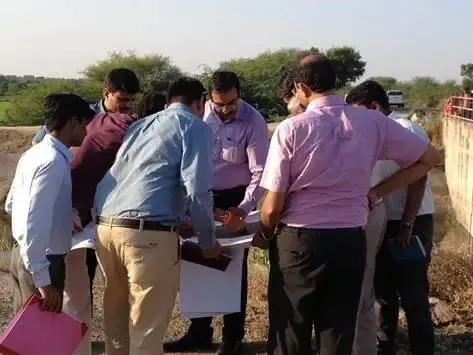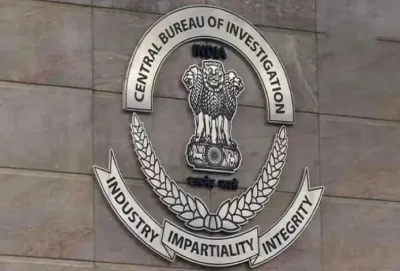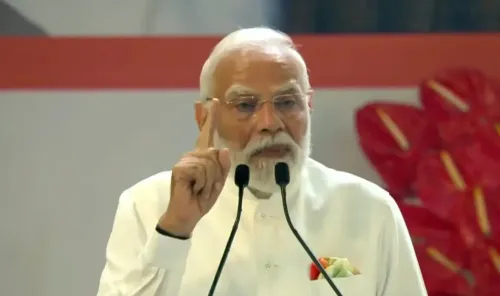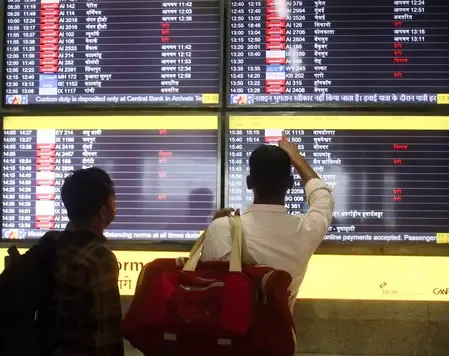How is Mandal-Becharaji SIR Transforming Rural Gujarat into an Auto Hub?

Synopsis
Key Takeaways
- MBSIR is transforming rural Gujarat into a vibrant industrial hub.
- Local employment opportunities have surged, reducing migration.
- Small businesses are thriving due to increased customer traffic.
- Social initiatives are enhancing education and healthcare.
- The region is attracting significant investment from global companies.
Gandhinagar, Sep 21 (NationPress) The Mandal-Becharaji Special Investment Region (MBSIR), which is a key initiative by Prime Minister Narendra Modi, has proven to be a transformative force for the rural economy in Gujarat.
Once merely an aggregation of farming communities, this area has now developed into a robust automobile industry hub, attracting international names like Maruti Suzuki and Honda.
According to the Gujarat government, "Beyond industrial growth, MBSIR has enhanced local job opportunities and supported small enterprises, thereby curtailing migration and elevating living standards."
A few years back, Pradyumansingh Jhala from Becharaji in Mehsana district earned Rs 30,000 monthly through employment. Presently, due to the prospects created by MBSIR, he operates a successful dealership network for JK Tyres, Bridgestone, Yokohama, and Exide, generating an annual revenue of Rs 3.5 crore.
"We had the land, but it was the industrial growth -- roads, facilities, infrastructure -- that enabled us to start. MBSIR has not only transformed my life but has revitalized the entire village," Jhala expresses.
The impact on small business owners is equally remarkable.
Sureshbhai Bazania, who operates a tea stall in Chandanki village of Mehsana district, reports a surge in daily earnings from Rs 1,000-1,200 to Rs 4,000–5,000, spurred by an influx of workers and improved connectivity that attracted more customers.
"With increased income, we can now provide better education for our children," he states.
Locals remark that job migration, which was once a norm, has drastically decreased.
"Previously, people had to leave in search of work. Nowadays, companies hire both skilled and unskilled labor from the local community," notes Amarsinh Thakor, a farmer-contractor from Sitapur village.
The ripple effect is widespread -- grocery stores, dairies, clothing shops, and construction firms have all seen significant growth.
The social ramifications are apparent as well.
Through corporate social responsibility initiatives, companies have provided funding for smart classrooms, libraries, furniture, and uniforms for village schools.
"Children can now access quality CBSE education without leaving their communities," states Dineshbhai Prajapati, a principal at a local school.
Anganwadi worker Gopiben Prajapati adds that income increases have led to better healthcare, sanitation, and infrastructure.
Once primarily recognized as a pilgrimage site, Becharaji is now a beacon of opportunity, as former sarpanch Devangbhai Pandya states: "MBSIR has transformed it into a hub where large industries and small businesses coexist harmoniously."
Recognizing MBSIR's pivotal role in reshaping Gujarat's industrial and rural landscape, the state government has announced its inclusion in a special session at the upcoming Vibrant Gujarat Regional Conferences (VGRC).
The inaugural conference is set for October 9 to 10 in Mehsana, focusing on investment and employment opportunities linked to the region's remarkable success.









